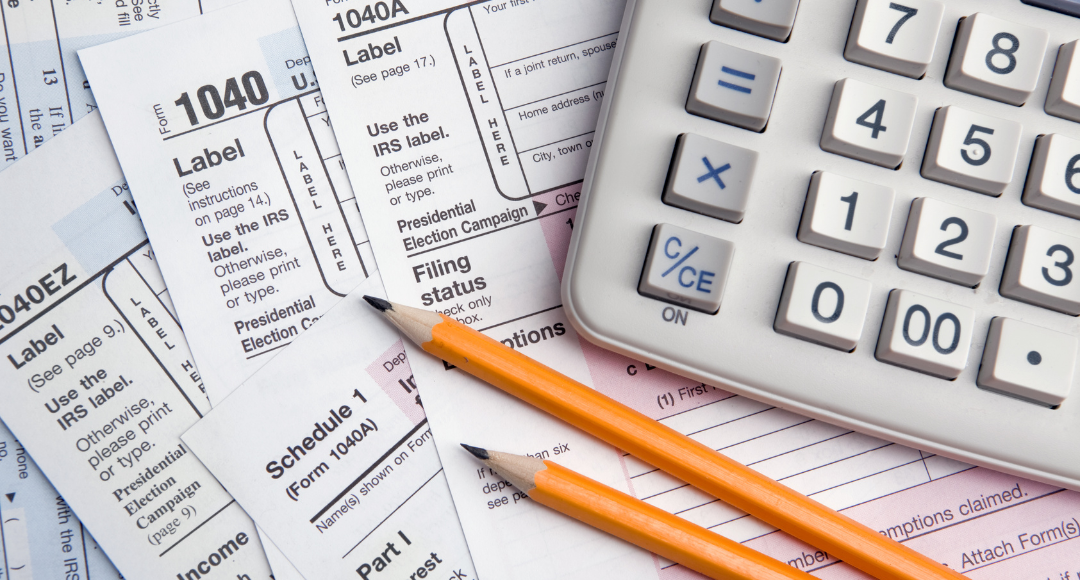ITIN Loans: Are These Loans Right For You?
 As you take a look at your mortgage options, you might find that a conventional mortgage presents a few qualification challenges. Fortunately, there are other options available, and you might be able to pursue an ITIN loan. This stands for Individual Tax Identification Number, and Individual Tax Identification Number loans could be beneficial for people cannot get approved for a qualified mortgage. What do you need to know about the process?
As you take a look at your mortgage options, you might find that a conventional mortgage presents a few qualification challenges. Fortunately, there are other options available, and you might be able to pursue an ITIN loan. This stands for Individual Tax Identification Number, and Individual Tax Identification Number loans could be beneficial for people cannot get approved for a qualified mortgage. What do you need to know about the process?
What Are The Requirements Of An ITIN Loan?
First, you need to get an Individual Tax Identification Number. While you do not need a Social Security Number, you might need to fill out Form W-7. Then, you need to provide supplemental documents, such as tax returns, that can confirm that you are not a citizen of the United States. They might ask you for other documents, such as your driver’s license or birth certificate.
With your Individual Tax Identification Number, you can apply for a home loan. Like any other mortgage, you should be expected to provide your proof of income, assets, or employment. Then, they will run a credit check before deciding whether to grant you a loan.
What Are The Benefits Of An ITIN Loan?
There are a few benefits of an Individual Tax Identification Number loan. This is a great way to build your credit score, and you can get this type of loan even if you are not a legal resident of the United States. You also do not need to have a Social Security Number to qualify for this type of loan. It opens the door to more flexibility and provides those without citizenship with the opportunity to buy property in the United States.
Consider Getting An ITIN Loan To Help You Buy A House
There are plenty of ways to qualify for homeowners, and an Individual Tax Identification Number loan could be right for you. Remember that there are plenty of loan options out there, and the right option for one buyer might not be the right option for someone else. Consider reaching out to an expert who can help you figure out if an ITIN loan is right for you.
 If you are interested in purchasing a house in the near future, you need to pay close attention to your kitchen. The kitchen is considered to be the heart of the home, and you need to make sure the kitchen is laid out appropriately. You need the kitchen to match your expectations, but you also need to pick a kitchen that will help you maximize the value of your home if you decide to sell it down the road. What are a few of the most important examples of kitchen features you need to pay attention to?
If you are interested in purchasing a house in the near future, you need to pay close attention to your kitchen. The kitchen is considered to be the heart of the home, and you need to make sure the kitchen is laid out appropriately. You need the kitchen to match your expectations, but you also need to pick a kitchen that will help you maximize the value of your home if you decide to sell it down the road. What are a few of the most important examples of kitchen features you need to pay attention to?